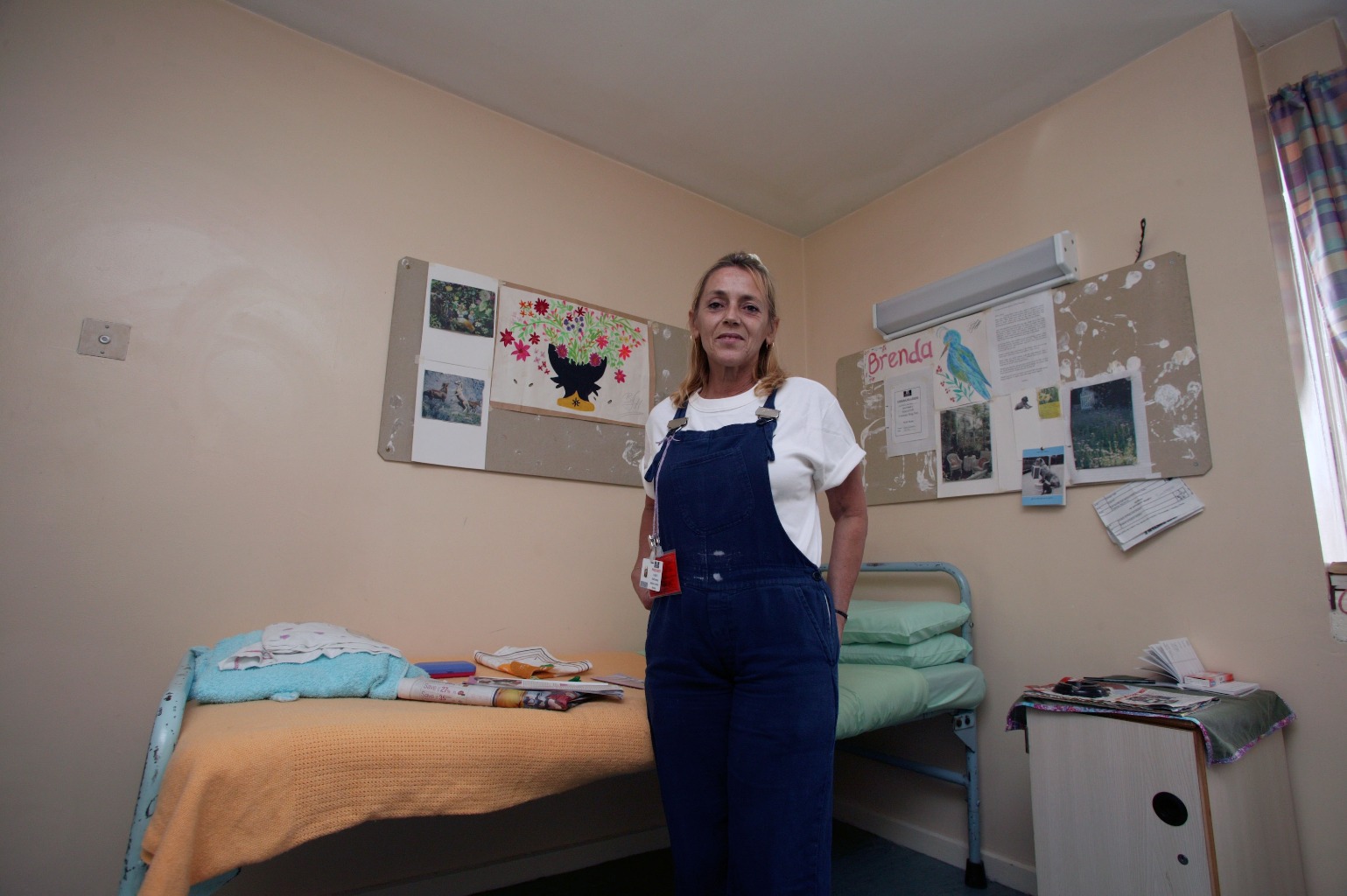
It’s not simply about stopping offending – it’s about fostering the conditions that make lasting change possible. That includes building hope, forming healthy relationships, and creating a strong sense of self-worth and belonging.
A desistance-informed approach recognises that everyone’s path is different and that long-term rehabilitation requires a holistic, person-centred response.
Here’s what makes a desistance approach effective:
It’s personal. Desistance-based support is tailored to reflect individual circumstances, motivations, and aspirations.
It builds agency. Desistance empowers people to take ownership of their choices, fostering personal responsibility and positive decision-making.
It’s relational. Strong, supportive relationships – whether with family, mentors, or peers – are vital. They provide encouragement, accountability, and a sense of
It’s transformative. Desistance helps individuals reframe their identity from ‘offender’ to someone with value, purpose, and potential.
It takes time. Change is a process, not a one-off event. Desistance offers sustained, wraparound support that recognises setbacks and celebrates progress.
It’s community based. Reintegration and long-term change depend on positive connections with others. That’s why we involve community members, organisations, and volunteers in everything we do.
You can see desistance in action through many of our services:
Structured group programmes.
Peer-led rehabilitation initiatives.
Family reintegration support.
One-to-one desistance coaching.
The overlap between recovery from addiction and desistance from crime has become increasingly clear in both research and practice. At the heart of both is the understanding that people change best when they are supported, believed in, and given opportunities to rebuild their lives.
Professor David Best, a leading researcher in this space, emphasises that many of the same elements that support someone through addiction recovery—like strong social networks, purpose, and identity change—are also what help people leave crime behind. His work highlights:
The power of positive relationships: Connection to supportive peers, mentors, and communities provides accountability and hope.
'Pull factors’ over punishment: People are more motivated by positive goals (such as family, work, and community) than by the threat of punishment.
The importance of inclusion: Reintegration into society reduces stigma and increases the likelihood of lasting change.
Professor Shadd Maruna, another leading voice in desistance theory, found that Narrative Approaches are powerful in working with people desisting from crime.
Maruna’s groundbreaking work shows us that people desist from crime when they can re-author their life stories – moving from a narrative of failure or harm to one of growth, redemption, and contribution.
His key insights include:
Redemption scripts: People who successfully desist often adopt a “redemption narrative” in which they view their past as a learning experience and see their future as a chance to give back.
Changing identity: A shift from seeing oneself as a ‘criminal’ to a ‘good person who once did bad things’ is vital for lasting change.
The role of hope and meaning: Desistance is deeply connected to the belief that one’s life can improve, that change is possible, and that they can make a positive impact.
Rehabilitation is a process towards the goal of desistance. Desistance happens when rehabilitation focuses on establishing, maintaining and repairing Personal, Social, and Community Capital.
Personal Capital is a coalition of many attributes; the strengths, skills and resources an individual uses to live a crime free, pro social, healthy and meaningful life. Personal capital involves identity and aspiration, a belief in personal capability of change.
Forward’s approach to rehabilitation of personal capital is to establish, maintain and repair the strengths, skills and resources used in a crime free life, the aspiration to change, the belief it is possible, and a personal identity as being ‘More Than My Past’.
Social Capital is maximised when using strengths, skills and resources to establish, maintain, and repair relationships with family and significant others, peers, professionals. The ability to do this increases meaning, connection, learning, and opportunity. We have all benefitted from the wisdom and learning we gained by being in relationships with others. Connection with others is known to improve mental and physical health, decrease anti-social behaviour, and build communities.
Forward’s approach to rehabilitation of social capital is to establish, maintain and repair relationships that lead to connection, wellbeing, learning, support and opportunity. Relationships Matter and interpersonal influences are known protective factors against offending behaviour.
Community Capital is connection to relational ecosystems. These could be peer groups, the community in which we live, the workplace, a hometown, church, or football club. Connection to communities, ideas and goals beyond one’s own increase belief that life is meaningful. Community is a place of shared resources, support, and participation. Participation in groups increases connection and decreases social exclusion, with positive effects on mental and physical wellbeing.
The Forward Trust’s approach to rehabilitation of social capital is to establish, maintain and repair relationships beyond family and significant others, services and structured opportunities, creating connection with bigger ecosystems of influence, wellbeing, support and meaning.
At The Forward Trust, these theories directly inform the way we design and deliver services, particularly through our More Than My Past programme at HMP Millsike. Co-created with people in custody, the programme gives participants space to explore their past, shape their present, and build a future identity they can be proud of.
Together, the work of Professors Best and Maruna reinforces our belief that lasting change comes from connection, identity, opportunity, and community. That’s why Forward combines addiction recovery and desistance support in a joined-up way –because both are rooted in human transformation.
At The Forward Trust, we don’t just help people stop offending – we help them discover what’s possible beyond their past. Desistance is not the end of the story; it’s the beginning of a new one.